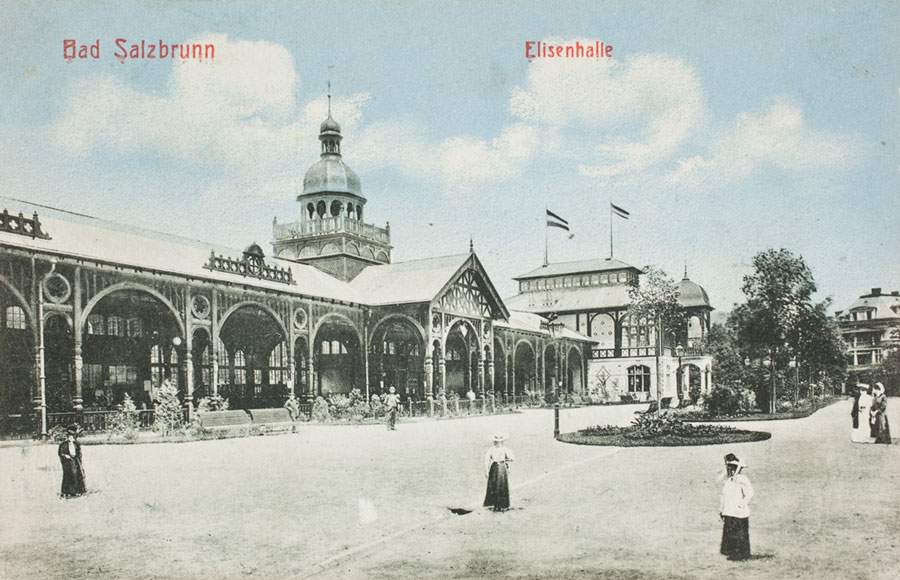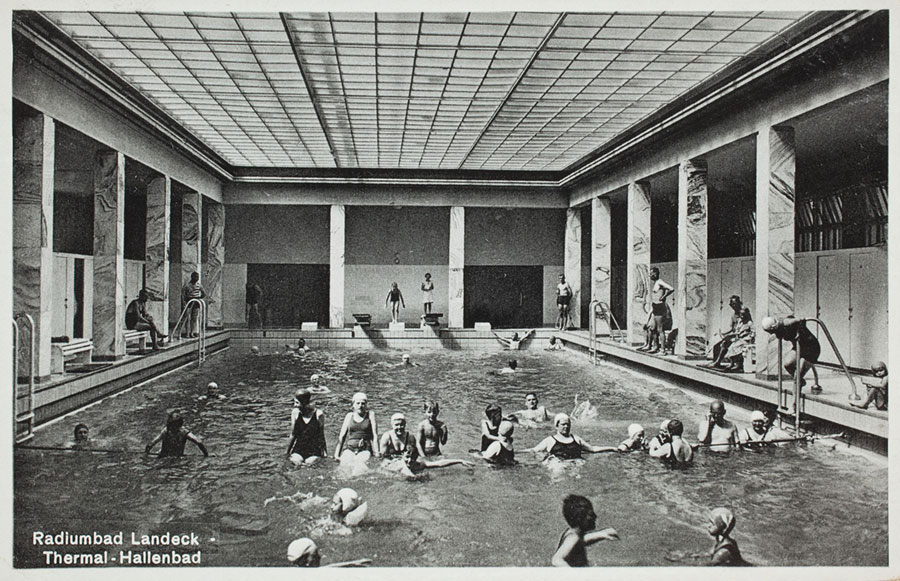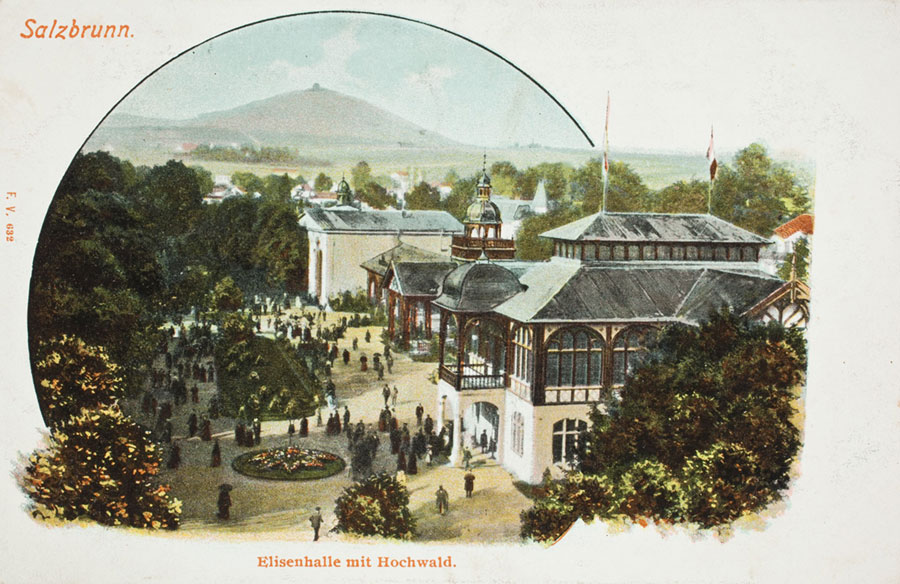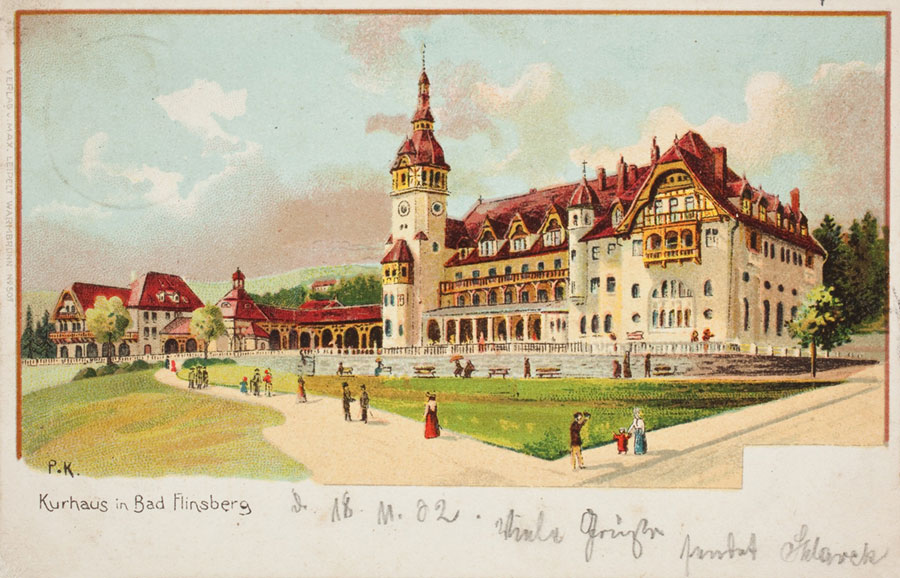3 July – 28 November 2021
Curators of the exhibition: prof. Bożena Płonka-Syroka and Paulina Suchecka
How did the dreams and expectations connected with visiting health resorts change over time, and why – apart from improving their health – did people go to spas, and how did they spend their time during such visits? The answers to these and similar questions can be found at the exhibition dedicated to the history of spa resorts in Europe.
Dreams of eternal youth, health, a beautiful and fit body, have accompanied humankind from the earliest of times. They were among the most important desires, linked to the core of human existence. People looked after their physical condition, not only because of the aspects of health and aesthetics, but also social the implications. Spa cures were favoured mostly by mature patients, however such forms of therapy – just as receiving medical treatment at home – were only a privilege of the wealthy.
The exhibition focuses on the period from the 17th to the 19th century, namely the time of the greatest flourishing of spa resorts. The presented exhibits comprise old photographs, printed materials, postcards, prints and souvenirs (such as glasses, goblets, plates and cups with ‘spa’ motifs). They are accompanied by arrangements including examples of clothes worn when staying at spas, and some tourist equipment (e.g. skis).
The author of the texts about European spas is Professor Dr.hab. Bożena Płonka-Syroka from the Institute of Humanities at the Department of Pharmacy in the Medical University in Wrocław, who wrote:
“Visits to spa resorts were linked with the diverse expectations of clients, which were not limited to mere treatment. Women were dreaming about having a rest, regenerating their strength and being free from the binds of corsets restricting their movements and uncomfortable shoes, etc. They could dress in a more relaxed way, move about unaccompanied in the public space of a spa, meet other women and indulge in some pleasures such as shopping. Evenings were spent walking, when visitors admired the beauties of Nature not available to city dwellers, and indulging in conversation in a fairly informal atmosphere, not permitted to women under the social rules and norms of behaviour in their everyday life.”
For those yearning for a rest in the summer countryside but unable to leave the city, the Ethnographic Museum in Wrocław has prepared a relaxation zone – full of games, books and other attractions.
The exhibition is accompanied by a catalogue.



